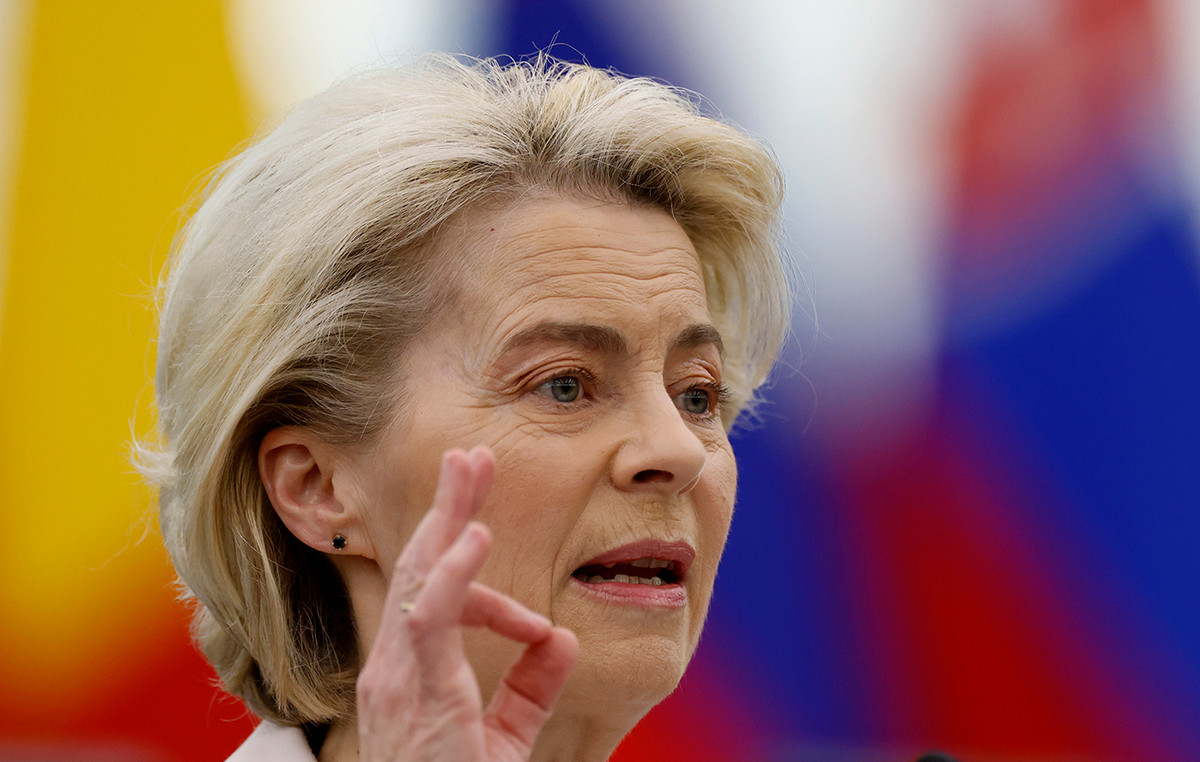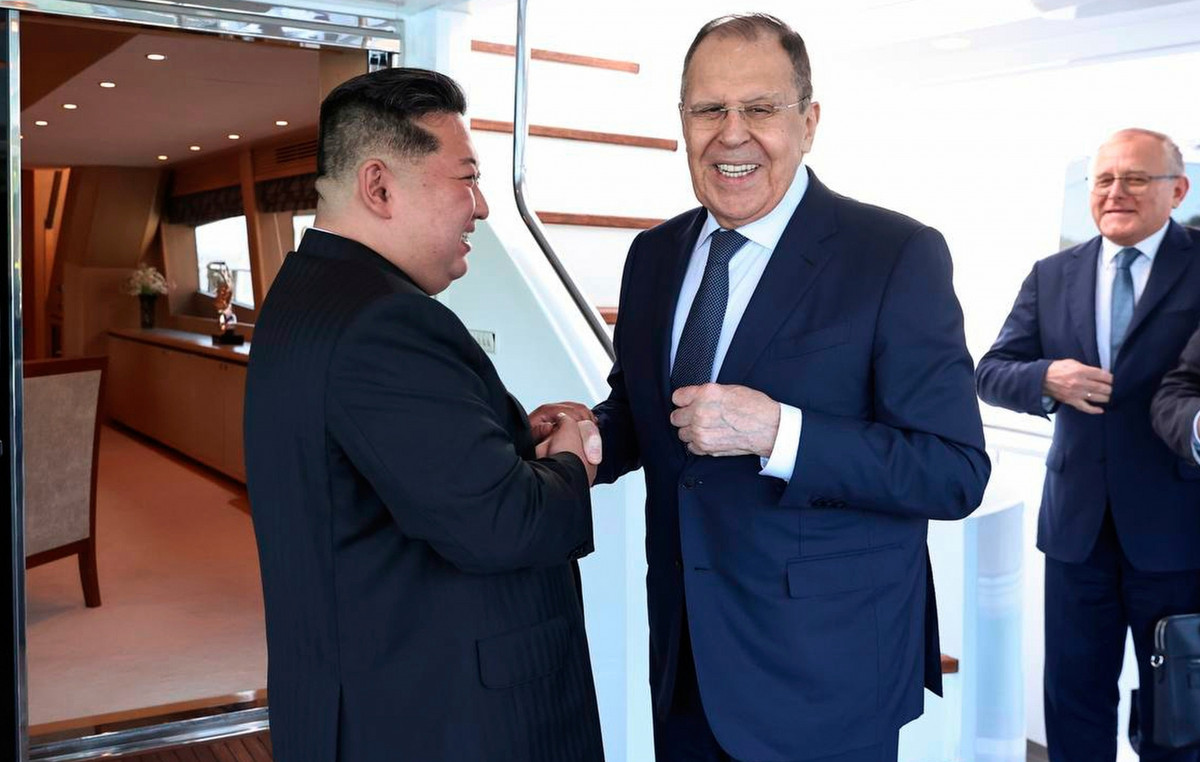By Leonid Bershidsky
There is one issue on which Russians opposed to Russian President Vladimir Putin and his war in Ukraine have passionately sided with the Kremlin. It is about the proposal of some European countries to stop issuing tourist visas to Russians. This unfortunate alignment represents a failure of vision and leadership for the anti-Putin exile and exile community.
Even before Ukrainian President Volodymyr Zelensky called on Europe to stop accepting further Russians and send back those already there – a call he has since scaled back, saying Russian asylum seekers should still receive visas – some of Russia’s most regular competitors, especially in the Baltic countries, began to fight for the visa ban. The former president of Estonia Tomas Hendrik Ilves is one of the public figures of the campaign. With Estonia barring Russians with a valid Estonian-issued visa for the European Union’s Schengen free travel area, the effort has gained some momentum: Latvia, Finland and the Czech Republic – which now exercises the rotating presidency of the EU – stop issuing visas.
These countries, recently joined by Poland, would like to make the policy a common EU policy, despite objections from some of the larger member states. German Chancellor Olaf Scholz has come out against the idea, saying the war is Putin’s and not the Russian people’s.
The Kremlin – no surprise – has taken umbrage with this campaign. “The only possible position we can take is extremely negative,” Kremlin spokesman Dmitry Peskov said last week. But Putin’s opponents of all stripes—even those who are hardly allies—have also gotten involved. The so-called Anti-War Committee, which was formed by high-profile refugees including former world chess champion Garry Kasparov, exiled tycoon Mikhail Khodorkovsky and Sciences Po’s Sergei Guriev, protested the visa ban, saying it had “sad precedents in recent European history”. Businessman Yevgeny Chitsvarkin, one of the committee’s founders, spelled out what that meant more clearly on Twitter: “Send the Jews back to Nazi Germany, let them overthrow their Hitler! That’s the logic, right?”.
Leonid Volkov, the right-hand man of jailed Russian opposition leader Alexei Navalny, also criticized the visa ban plan on his Telegram channel, arguing that few Russians support Putin and his war and that banning them from traveling to Europe does not will have no effect on the stability of the regime.
I am watching the public debate with intense sadness. It shouldn’t even be happening. We Russians who are anti-Putin are missing a great opportunity to keep our mouths shut. On the contrary, the volume of comments in the media and on social networks suggests that we are putting our concern about the potential loss of travel to Europe (without any impact on visa-free travel to dozens of other countries) at least as much as our concern about what our homeland in Ukraine commits daily. The immigrant community should not have the luxury of displaying this selfishness.
The arguments for and against the visa ban are obvious: on the one hand, it is strange to let Russians holiday carelessly in countries that actually support Ukraine and accept Ukrainian refugees. On the other hand, “tourist” visas allow some to seek asylum in Europe instead of being turned away at the border, as, for example, many Chechen asylum seekers have tried to enter Poland in recent years. Yet the issue has so much resonance—and has put Peskov and Russian liberals on the same side of a virtual border fence—because it transcends logical and moral arguments. The truth is that Russians, whatever they say about Putin and the war in Ukraine, are not wanted in many European countries these days. Without exception, these countries are those that were attacked, occupied or subjugated by the Soviet Union in the 20th century.
There is a strong legal view that the concept of “enemy alien” applied by some Western countries during the two world wars is outdated and that visa decisions in the modern world should only be made on an individual basis. In Canada, during World War I, Ukrainians were the recipients of general restrictive policies as citizens of Austria-Hungary. On an emotional level, however, the idea that all citizens of an enemy state are, to some extent, enemies of each is strong and natural.
As Russians, we represent Russia to some extent, no matter what we say. Each of us carries more than a passport. It doesn’t take much introspection to discover our personal red lines. Saying that one is against Putin and the war, or that one is a volunteer for Ukrainian refugees, is relatively easy. But here comes a series of questions that are becoming increasingly difficult to answer in the affirmative: Do I want Russia to suffer a decisive military defeat? Do I want this defeat to lead to the disintegration of Russia? Would I send money to support the Ukrainian armed forces and buy lethal equipment for them so they can kill more Russians? Would I take up arms against Russia myself along with the Ukrainians?
For many Estonians, Latvians, Czechs and Poles, any Russian who cannot, without hesitation, answer “yes” to all these questions is a potential enemy, a threat to their security. It is true that their countries are not officially at war with Russia. But Russia is not officially at war with Ukraine either. It’s just conducting a “special military operation” and anyone who says it’s a war risks imprisonment in Russia.
How many Russian immigrants would unequivocally answer yes to each of the above questions? In all honesty, I wouldn’t be able to.
As a result, I accept—and others like me should also recognize—that we are not welcome in countries that feel existentially threatened by Russia’s journey back into the 20th century, despite our fierce opposition to Putin and our support for Ukraine. Indeed, if we were in the 20th century, we could expect much worse than the tourist visa ban. Internment for enemy aliens was the norm, and in the US, even American citizens of Japanese descent were sent to camps. It is great that today’s Europe, even the countries that have experienced Russian oppression, are not so indiscriminately vicious. The years since World War II have brought some lasting change, it seems. It is, however, easy for people to revert to their old bad ways, and our own country is a bad example of how this can happen. In the worst-case scenario—Putin escalates the war in Ukraine, wins, and attacks another country—Russians in Europe, regardless of their immigration status, will almost certainly face dire consequences.
Nowadays, not even the citizens of a democratic country can take their human rights – freedom of speech, movement, peaceful protest – for granted. As nationals of an enemy state, we would be particularly naive to do this anywhere in Europe, and especially in its east.
So why are we – including expat community leaders – focusing so much on the visa ban issue? I can’t think of any answer that would be flattering to us as a team.
After the seizure of power in Germany by the Nazis in 1933, its emigrants include figures such as Albert Einstein, Arnold Schoenberg, George Gross, Bertolt Brecht. These are people who represented a dramatically different Germany, people capable of advancing their new homeland in ways that would have been more difficult without them. As the American art historian Walter William Spencer Cook put it when so many brilliant colleagues arrived: “Hitler is my best friend. He shakes the tree and I pick the apples.” The latest wave of Russian immigration, to which I belong and which culminated with the start of the war in Ukraine, does not seem capable of generating such feelings. Many of us are capable and able to hold decent jobs, but, as a community, what do we really offer to Europe and other western safe havens? Arguably, the best Russian creative minds left earlier, in the late 1980s and 1990s: Nobel laureates in physics Andre Geim and Konstantin Novoselov, composer Alfred Schnittke, artists Ilya Kabakov and Eric Bulatov, and poet Alexei Parshikov.
We could at least make up for what our immigration wave lacks in intelligence if we weren’t so self-centered. For those of us already in Europe or other safe havens, humbly trying to understand and integrate into local society is an unheroic but acceptable way to shed the burden we carry because of Putin’s dictatorship and war. If we cannot represent a powerful, compelling vision of a different Russia, a Russia incapable of anything resembling Putin’s version of fascism, we can at least try to be quiet Europeans.
The alternative is to unite behind a vision for our country that we can actually promote and fight for and get better results than we have had to date. Do we have what it takes? A focus on flight to safety suggests the opposite.
Source: Bloomberg
I’m Ava Paul, an experienced news website author with a special focus on the entertainment section. Over the past five years, I have worked in various positions of media and communication at World Stock Market. My experience has given me extensive knowledge in writing, editing, researching and reporting on stories related to the entertainment industry.







